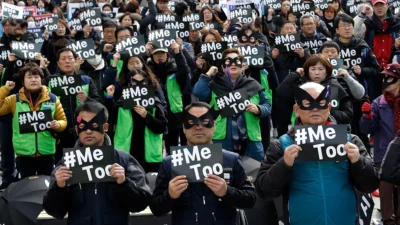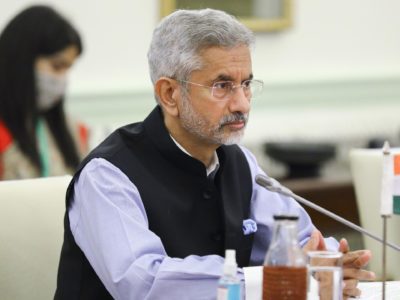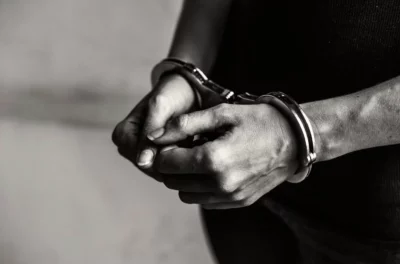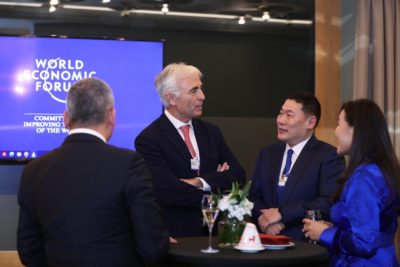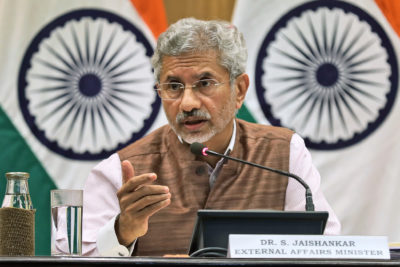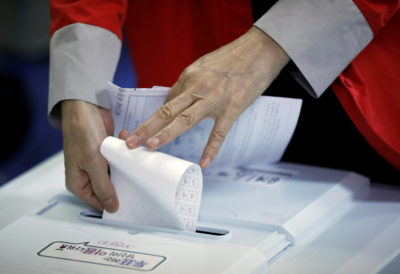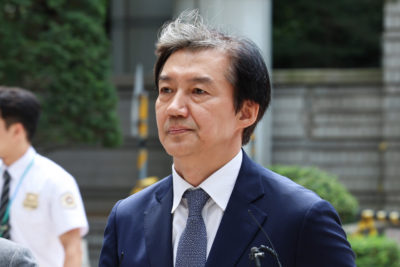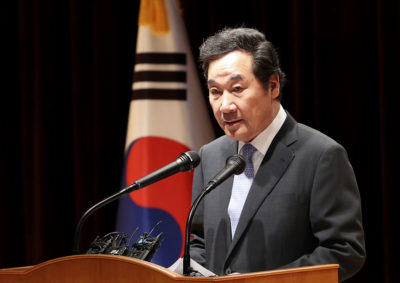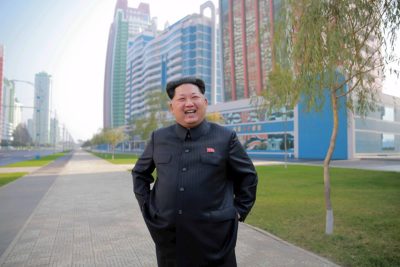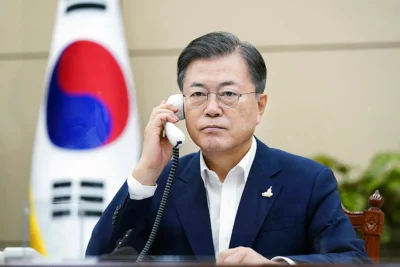The run-up to the 2024 parliamentary elections in South Korea. Part nine: problems in identifying candidates
Preparations for the elections have reached the stage of determining the candidates who will represent a party in specific electoral districts. With factional infighting presenting a serious problem for both parties, this is an important point. First, the parties need to select candidates in such a way that “their” people are in the majority, and second, the selected candidates need to be nominated in the right electoral districts…
Indian Foreign Minister Sahmanyam Jaishankar’s visit to South Korea and Japan
The recent trip by Indian Foreign Minister Subrahmanyam Jaishankar to South Korea and Japan, which began on March 5, represents a significant development in the political game being played out in the Indo-Pacific region. Particularly since the role of the main “local” players in the region, already very significant today, is only likely to increase with time. Not least because the regional influence of the present leading global power is set to decline, a process which the present author…
South Korean "religious figure" arrested in Russian Federation for espionage
On 11 March 2024, Russian media reported that a 53-year-old South Korean citizen named Baek (the detainee’s name varies – Baek Won Sung, less frequently Baek Kwang-soon) had been arrested for espionage and was currently being held in Moscow’s Lefortovo prison, normally reserved for high-level political prisoners. The news raised eyebrows both in Russia and abroad, as it is the first time a South Korean citizen has been arrested in Russia…
The Runup to the 2024 Parliamentary Elections in South Korea. Part Eight: The Reform Party split and other factional news
When the Reform Party was created, the author immediately noted that this bloc “in favor of everything good against everything bad” could be very short-lived because, other than the desire to defeat the existing two-party system, its leaders had nothing in common. This was especially true of the “two Lee’s”: their disagreements were over…
Mongolian Prime Minister in Davos: Meetings and their outcomes
The Prime Minister of Mongolia, Luvsannamsrain Oyun-Erdene, attended the World Economic Forum in Davos, Switzerland, from 15 to 19 January. This article provides an overview of the Mongolian representative’s activities at the event – with a slightly more detailed analysis of the objectives of the official meetings he held during these four days. On 4 January 2024, it became known that the country’s Prime Minister would be attending the Davos Forum: the announcement of this decision…
Pressure intensifies on Lee Jae-myung
While the leader of the Democratic Party of Korea (DPK) is struggling with an internal party split and denigrating the authorities ahead of the April parliamentary elections, the authorities are responding with a new surge of pressure on high-profile cases concerning both him and other key functionaries of the Democratic Party…
On New Delhi's foreign policy in the context of Indian Foreign Minister's visits to South Korea and Japan
The Indian leadership’s foreign policy has traditionally been characterised by a multi-vector and independent foreign policy, intolerance of any external pressure or imposition of foreign recommendations and advice. New Delhi can afford such an independent foreign policy, given India’s status as a major Asian power, its claim to a certain global role and its self-confidence as the world’s third largest economy. And no major power would dare dictate its terms to India, knowing that such an action would inevitably be met with rejection…
The Run-up to the 2024 Parliamentary Elections in South Korea. What about the election commission?
According to media reports, at least 11 officials of the ROK Election Commission (4 of them high-ranking officials, including Secretary General Park Chan Chin, his deputy Song Bong-sup, and former Secretary General Kim Se Hwan) facilitated the improper employment of their children in government agencies affiliated with the Election Commission or its regional divisions: in an interview with his father’s colleagues, Kim Se Hwan’s son received near-perfect scores.
The run-up to the 2024 Parliamentary elections in South Korea. Part seven
The last article dealt with a number of groups that had split off from the Democratic and Conservative Parties to form a third force in South Korean politics, called the Reform Party. However, it seems that in the run-up to the elections both Democrats and Conservatives are likely to face yet another defection – although in reality it will not be a defection at all. Because we are likely to see a repeat of what happened with the 2020 elections. It will be recalled that the National Assembly has 300 seats, of which 253 are voted…
The run-up to the 2024 Parliamentary elections in South Korea. Part six. Is the third force uniting?
Having described the problems faced by the Democrats and Conservatives, let us move on to the issue of a “third force”. The demand for a centrist party has been felt in Korea for quite some time, but the existing system tends to either “squeeze out” or “absorb” such figures. In the present author’s opinion, there are several reasons for this. Firstly, even right back at the beginning, when the Republic of Korea was founded, the centrists were unable to emerge as a significant force…
The latest report by South Korea’s Unification Ministry - a serious analysis or fake news?
It will soon be 10 years since the publication of South Korea’s review of the state of human rights in the DPRK, which, thanks to its uncritical treatment of sources, turned out to be “much ado about not very much”. 10 years later, on February 6, 2024, South Korea’s Ministry for Unification presented what it considered to be a serious report, Perceptions of the Current Socioeconomic Situation in the DPRK, based on the results of an analysis of surveys of 6,531 defectors who left the DPRK between 2013 and 2022…
Cuba and South Korea have restored diplomatic relations
On 14 February 2024, the representatives of the ROK and Cuba at the United Nations exchanged diplomatic notes in New York, marking the establishment of official relations. Cuba became the 193rd country with which the ROK established diplomatic relations. According to the ROK presidential office, the event was the culmination of Seoul’s diplomatic efforts to establish relations with socialist countries that have traditionally maintained friendly contacts with the DPRK. In this regard…
